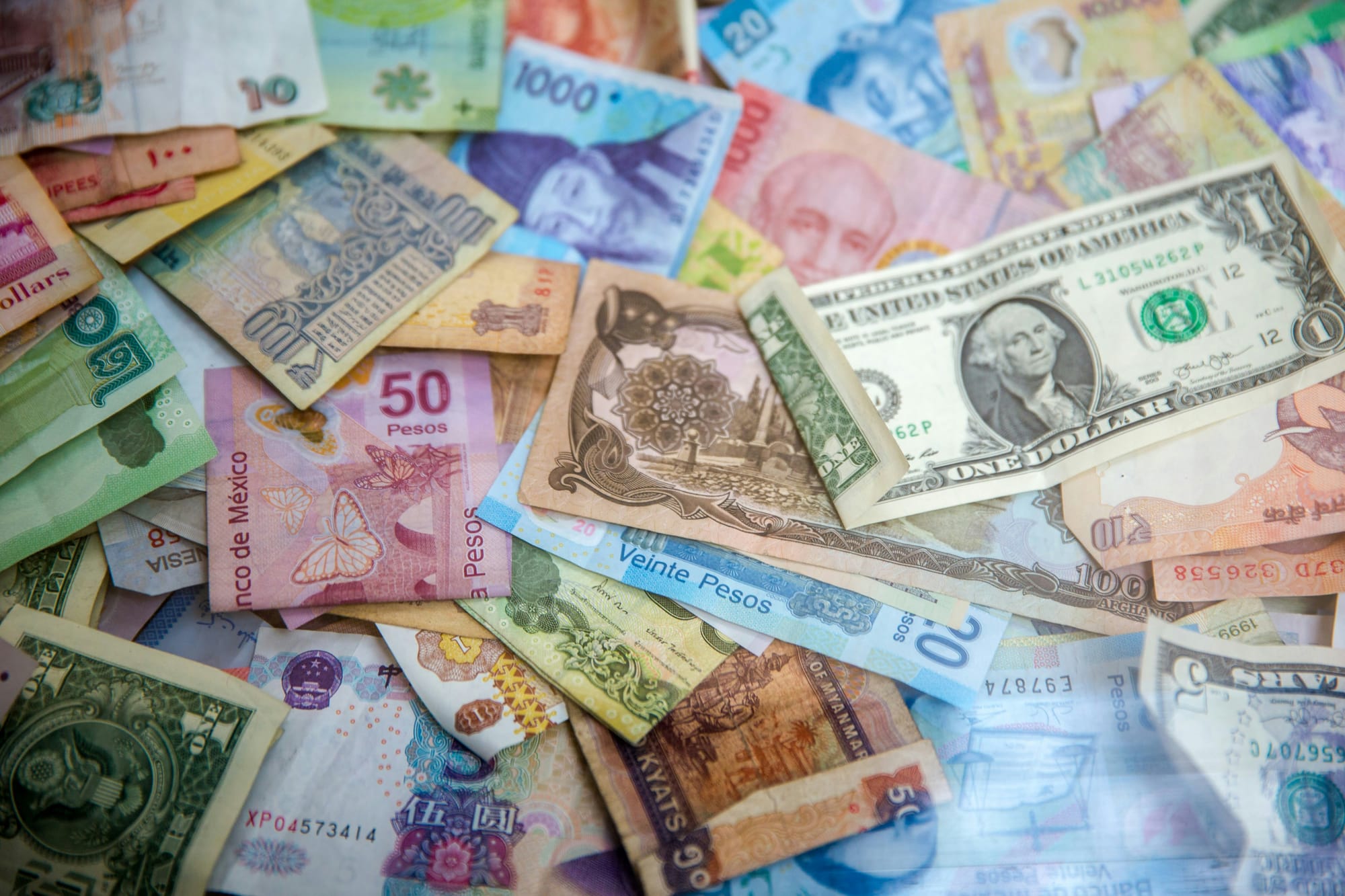What Even is Money?

We use money in our daily lives, from pay bills to making transactions and buying daily essentials but have you really taken the time to ask...what even is money?
Money is a system of value that is used as a medium of exchange between people to facilitate the trading of goods in an economy. Money allows its users to pay less in transaction costs (think of this as a trading fee) rather than it older counterpart *barter trading.
Barter trading-This is one of the oldest forms of commerce where people trade without the use of money or a monetary medium for example: Paper bills, Coins, etc.
Uses / services of money:
- Store of value - Money maintains its value for a period of time which can be stored as an asset and used at a later date when needed.
- Unit of account - Used to asses and track an objects value as well as record issued credit and make calculations.
- Medium of exchange - A universally accepted intermediary that is accepted for a good or service in return.
A brief history of money
Throughout history money has taken many different forms from cowry shells to pepper corn and barley. Salt was even used as a form of currency in sub-Saharan Africa by Moorish traders in the Kingdom of Ghana back in the 7th century. These types of money got their value from alternative uses such as consumption, preservation and flavouring of food however they had their fair share of challenges such as the goods being perishable, problem of divisibility and lastly standardizing each unit was a challenge. However, as time passed people began to trade using precious metal which solved the previous issues encountered by the older forms of commodity money by being:
- A stable unit of measurement
- A durable asset that has value
- A convenient medium of trade
In todays world we have moved from using precious metals as a form of currency to Paper bills issued by a Local government which is valued by how much faith people have in the currency and not by intrinsic value that its older counterparts did.
P.S found this content useful?
you can subscribe to the newsletter for more post like these. Thank You.
